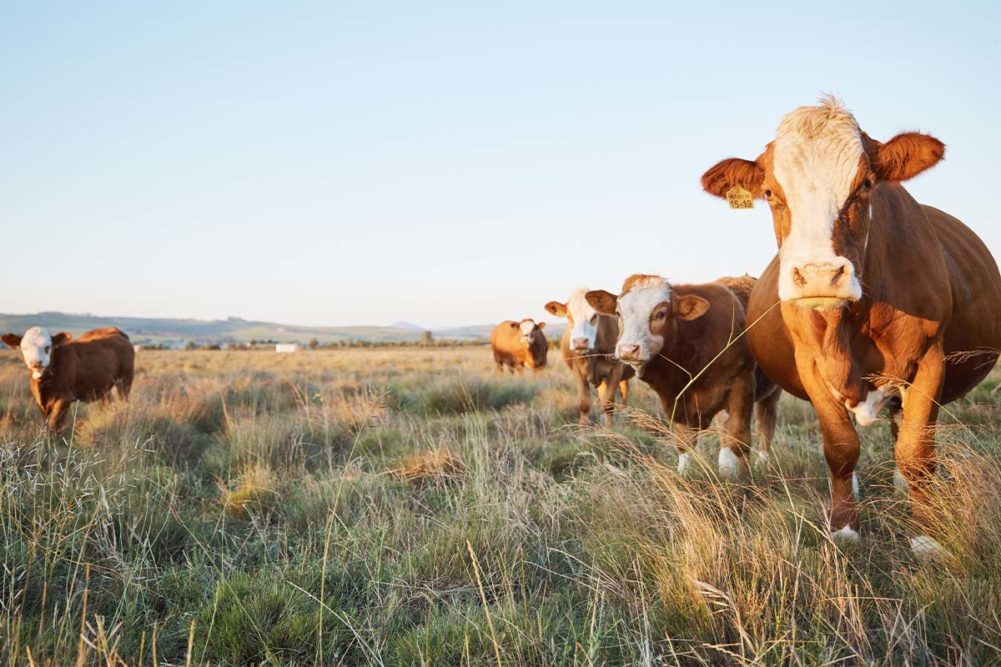ARLINGTON, VA. — A bipartisan group of senators recently introduced a new bill that would help the US Department of Agriculture (USDA) develop and expand its efforts to encourage emission-reducing agricultural practices across dairy and beef cattle farms in the United States.
The legislation — the Enteric Methane Innovation Tools for Lower Emissions and Sustainable Stock Act or EMIT LESS Act — has garnered support from several agricultural organizations, including the American Feed Industry Association (AFIA).
Senators Michael Bennet (D-Colo.), Mike Crapo (R-Idaho), Tammy Baldwin (D-Wis.) and Jerry Moran (R-Kan.) introduced the bill in March 2024. According to the bill, enteric methane represents the largest source of agricultural methane emissions in the country, and the second-largest source of total US methane emissions, “second only to the oil and gas industry,” they wrote.
“We thank Senators Bennet, Crapo, Baldwin and Moran for introducing a bill that strengthens our country’s research and conservation programs while recognizing the unique role that animal nutrition and feed ingredients play in reducing on-farm enteric methane emissions,” said Constance Cullman, president and chief executive officer of the AFIA. “The EMIT LESS Act shows that right alongside animal food innovators, our country is willing to invest in a more sustainable future.”
The EMIT LESS Act would facilitate research into enteric methane through the USDA’s Agricultural Research Service (ARS), expand On-Farm Conservation Innovation Trials via the USDA’s Conservation Innovation Grant, encourage the establishment of new standards and revisions, create training programs for farmers and ranchers focused on reducing these emissions, and allow the USDA’s Environmental Quality Incentives Program (EQIP) and Conservation Stewardship Program (CSP) to provide financial support to farmers and ranchers who adopt enteric methane emission-reducing practices in their operations.
“New research and ranching practices are showing promising results to reduce methane emissions and keep our farms and ranches thriving,” Moran commented. “This legislation will invest in further research and provide our producers with tools to improve their farms and ranches.”
The EMIT LESS Act is one more step toward the United States’ Global Methane Pledge, through which the agricultural industry aims to achieve a 30% reduction in methane emissions by 2030 compared to 2020 levels.
“It’s promising to see support and legislation poised to provide critical access to funds and infrastructure to better understand and research enteric emissions in the US,” said Kim Stackhouse-Lawson, PhD, director of the Colorado State University AgNext Program. “This opportunity has the potential to help close knowledge gaps that still exist in enteric methane research in production environments and offers on-farm support to farmers and ranchers to implement proven reduction strategies on a broader scale.”
Chad Franke, president of the Rocky Mountain Farmers Union, added, “Our livestock industry is taking steps every day to lessen greenhouse gas emissions by improving efficiency and utilizing climate-smart practices. This bill will provide important resources to incentivize these practices and to develop additional tools in this effort.”
Read more about the EMIT LESS Act here.


